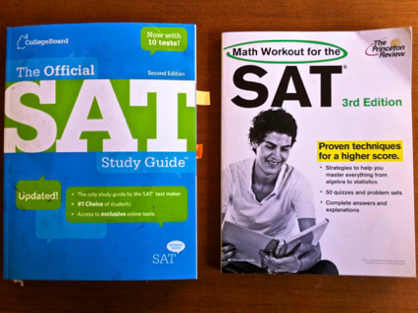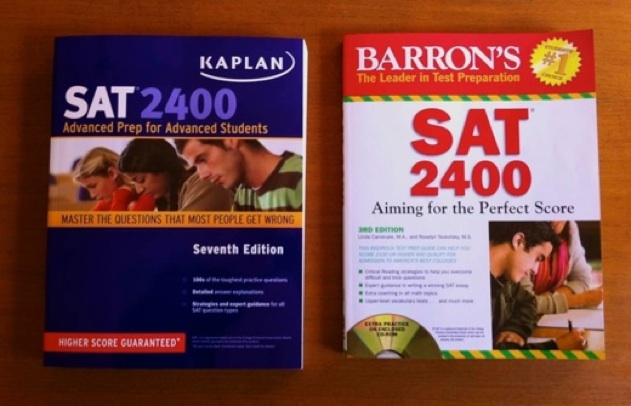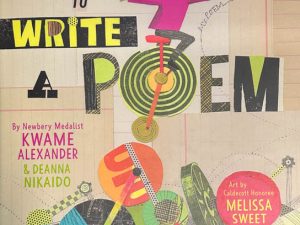–
Well there has been a lot of buzz about the new revision to the SAT that will apply to kids that are freshman this year and younger. Mine will not be taking this test!
Here are some articles about the SAT revision:
SAT to drop essay requirement and return to top score of 1600 in redesign of admission test
Revisions to the SAT college admissions test follow years of gains for rival ACT exam
A commentary about the current SAT:
I quote below our oldest daughter’s writing teacher James Stobaugh, who is also a SAT/ACT essay grader. He wrote this on his website, thrilled with the changes, calling them “God inspired”:
Universities use it to predict college performance. It is, undoubtedly, pretty good at doing that. Occasionally students who do poorly on the SAT do well in college, but almost never do high scoring SAT students perform poorly in college. Incidentally, that is one main difference between the aptitude/IQ SAT and the ACT: the SAT is a predictor of college performance and the ACT is an assessment of high school performance.
These will be among the changes in the new SAT, starting in the spring of 2016:
•Instead of arcane “SAT words” (“depreciatory,” “membranous”), the vocabulary definitions on the new exam will be those of words commonly used in college courses, such as “synthesis” and “empirical.” Does that mean the vocabulary on the SAT is changed? Not really. Does that mean preparation should be different? Not really. Students should still read good books and learn Greek and Latin roots.
•The essay, required since 2005, will become optional. Those who choose to write an essay will be asked to read a passage and analyze the ways its author used evidence, reasoning and stylistic elements to build an argument. Ok, but I bet you that the best schools will still require it. We hope so because presently homeschoolers are the best writers in the country.
•The guessing penalty, in which points are deducted for incorrect answers, will be eliminated. I like that.
•The overall scoring will return to the old 1,600-point scale, based on a top score of 800 in reading and math. The essay will have a separate score.
•Math questions will focus on three areas: linear equations; complex equations or functions; and ratios, percentages and proportional reasoning. Calculators will be permitted on only part of the math section. Sweet! Sweet! Sweet!
•Every exam will include, in the reading and writing section, source documents from a broad range of disciplines, including science and social studies, and on some questions, students will be asked to select the quotation from the text that supports the answer they have chosen. Love it!
•Every exam will include a reading passage either from one of the nation’s “founding documents,” such as the Declaration of Independence or the Bill of Rights, or from one of the important discussions of such texts, such as the Rev. Dr. Martin Luther King Jr.’s “Letter From Birmingham Jail.” Well, it is about time!
–








